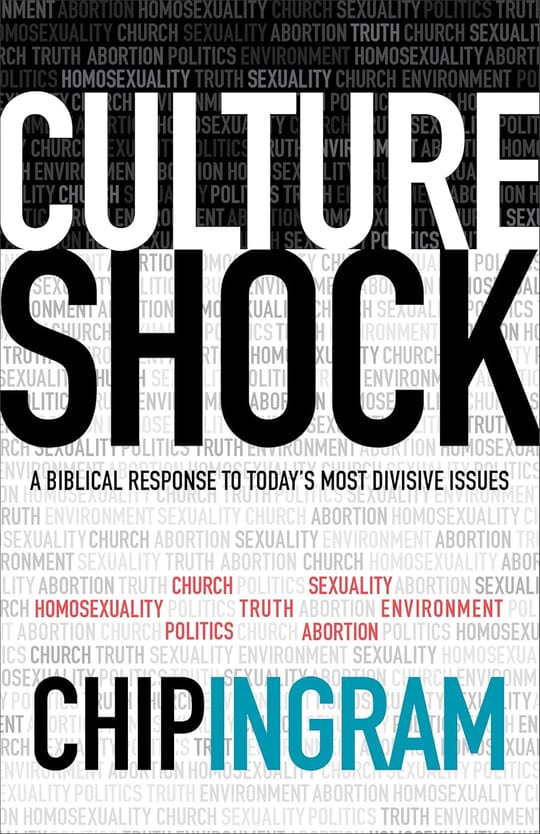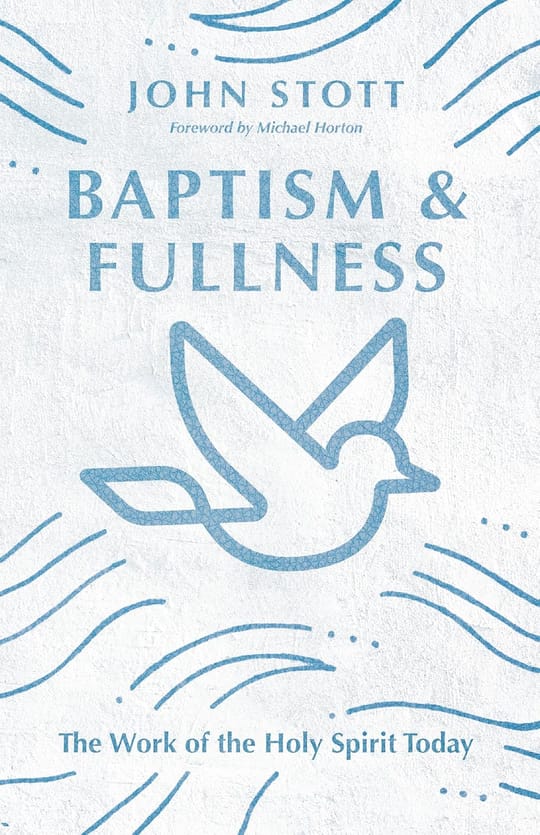Question: Is Easter Egg Hunting Pagan?
Answer: Short Answer, no. Let’s talk about it below.
Every Easter, a familiar debate pops up: “Aren’t Easter eggs pagan?” Some well-meaning Christians wonder if hunting colorful eggs has any place in a holiday meant to celebrate the resurrection of Jesus. The concern often stems from internet articles or memes claiming that Easter traditions are just repackaged pagan rituals. But is that actually true? According to church historian Dr. Ryan Reeves, the answer is no—Easter egg hunting is not pagan. And the real story is far more encouraging than you might think.
What Does History Say?
Dr. Ryan Reeves, a trusted church historian and professor, explains that the idea of Easter being pagan is a modern myth. While some pagan festivals happened around spring, there is no historical connection between ancient paganism and Easter egg hunts. In fact, Reeves argues that these associations are based more on speculation and surface-level similarities than actual evidence.
The name “Easter” itself is only used in English and German (“Ostern”), and though some have tried to connect it to the Anglo-Saxon goddess Eostre, there’s no direct link between her worship and Christian practices. Meanwhile, Christians around the world don’t even call it “Easter”—they refer to it as Pascha, the biblical term tied to Passover and the resurrection of Christ.
So Where Did Easter Eggs Come From?
According to Reeves, the use of eggs during Easter has Christian roots in many cultures. During the Lenten season (the 40 days leading up to Easter), Christians would traditionally abstain from animal products, including eggs. Once Easter Sunday arrived, people would celebrate the resurrection by breaking the fast—which often meant enjoying eggs.
Over time, the egg became a symbol of the resurrection: a sealed shell representing the tomb, and life emerging from it symbolizing Christ’s victory over death. The tradition of decorating eggs likely grew out of this symbolic connection.
What About the Egg Hunt?
The modern egg hunt, especially in the U.S., is a cultural tradition, not a religious one. It’s a fun, seasonal activity—like fireworks on the Fourth of July or pumpkin carving in the fall. While it’s not found in Scripture, it isn’t sinful or pagan either. The meaning you give it matters more than its origin. If you use egg hunts to gather family, celebrate joyfully, or even teach kids about resurrection life, you’re doing just fine.
How Can Christians Approach Easter Traditions?
As Dr. Reeves encourages, we don’t need to live in fear of “accidentally being pagan.” Instead, we should focus on the resurrection of Jesus, the core of our faith. Easter is about life, hope, and victory. Traditions like egg hunts, when done in a spirit of joy and clarity, can be redeemed and enjoyed with a clear conscience.
Next Steps for Thoughtful Celebration:
- Focus on Jesus: Make the resurrection the center of your Easter, not just the traditions around it.
- Teach the Symbolism: Use the egg to explain resurrection to children—sealed like a tomb, cracked open into new life.
- Hold Traditions Lightly: Enjoy them, but don’t let them distract from the true meaning.
- Don’t Cast Judgement On Others: Whether a family includes egg hunts or avoids them, unity in Christ is what matters most.
Further Study and Sources:
- Ryan Reeves – Is Easter Pagan? (YouTube Video)
- Ryan Reeves – History of Easter Traditions (Blog & Lecture)
- 1 Corinthians 10:31 – “So whether you eat or drink or whatever you do, do it all for the glory of God.”
- Colossians 2:16-17 – “Therefore do not let anyone judge you… these are a shadow of the things that were to come; the reality, however, is found in Christ.”









